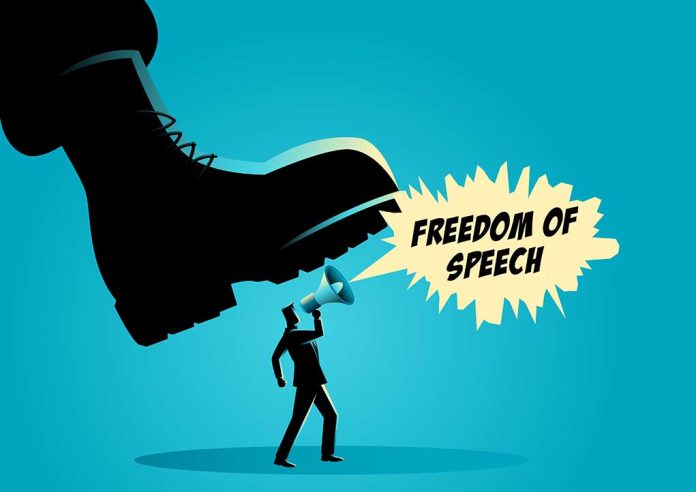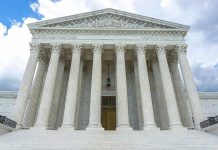
(NewsInsights.org) – Jeremy Hales and his brother, George, have become internet sensations for buying and reselling the contents of abandoned storage lockers. The two spend part of the year based out of Wooster, Ohio, but they purchased a ranch in Otter Creek, Florida, a few years ago to work during the colder winter months. Reportedly, they even raised Christmas funds for underprivileged kids in Levy County, Florida. Yet, a recent lawsuit from one of his neighbors resulted in Jeremy revealing that the judge made a shockingly anti-free-speech ruling supported by Florida law.
The root of the issues between next-door neighbor Lynette Preston and Jeremy Hales remains somewhat clouded. Hales claimed Preston became unhappy with how much he and his brother used the public road in front of the two properties. At some point, she and her estranged husband, John Cook, allegedly began videoing the Hales. They even went onto their property.
The Hales had already installed video surveillance on their property because of security concerns as their social media profiles grew. So they noticed the incursions. Without leaving their property, they also began tracking Preston’s movements. The issue escalated, and Preston filed a lawsuit against the Hales in Florida’s Eighth District Court. The Hales unsuccessfully sought a protection order in Florida against Preston, but when that failed, they sought the order in Ohio after they showed footage of Preston stalking them in that state.
During the proceedings, Judge Craig DeThomasis warned both parties that according to the January 2021 Florida statute 784.048 regarding stalking, it would be a breach of law if they posted social media videos referring to the other that incited harm or caused any credible threats to the safety or well-being of the individuals or their family members. The judge clarified that he included language in his order from the Second District Court of Appeals, explicitly modifying it to refer to threatening or inciteful language.
Hales, who makes his living by posting YouTube videos, considered the statute and the warning a breach of his First Amendment rights. He believed the judge was actively trying to keep him from talking about the case and the situation on social media with his fans, arguably his primary support system outside his family.
Hales has consistently warned his viewers never to contact anyone he talks about in his videos and always to let the courts handle legal matters.
Copyright 2024, NewsInsights.org

















